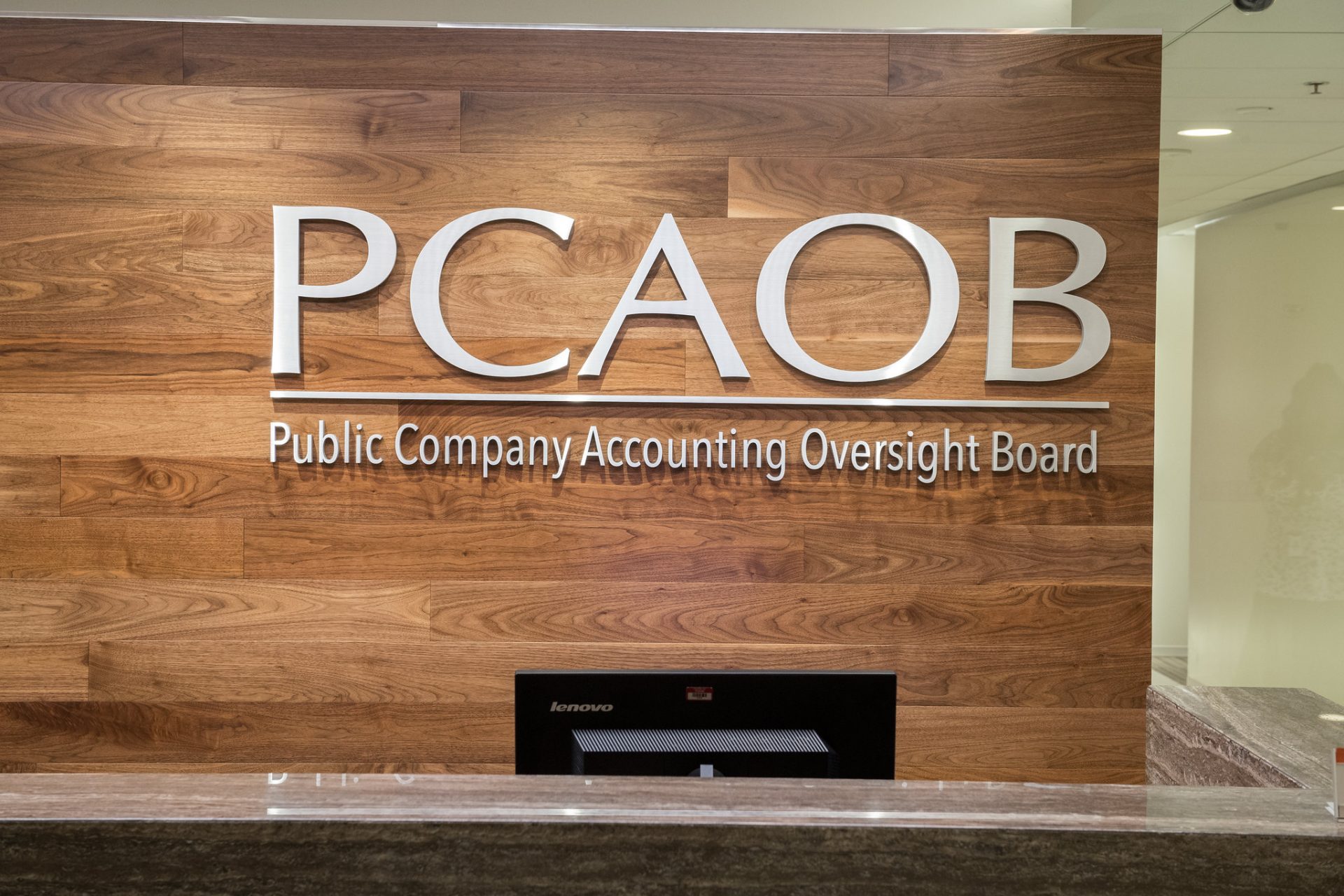Auditing
New PCAOB Rules Would Push Auditors to Assemble Final Documentation More Quickly
As part of a new standard adopted May 13, the time period to assemble a final set of audit documentation would be cut from 45 to 14 days.
May. 14, 2024

The Public Company Accounting Oversight Board (PCAOB) approved a sweeping new standard on the general responsibilities of an auditor on May 13, including a provision that significantly cuts the maximum time period for the auditor to assemble a complete and final set of audit documentation from 45 days to 14 days.
Over the years, technology has enabled auditors to transition from paper-based audit documentation to electronic workpapers, which takes them less time to complete the final set of audit documentation, noted board member Christina Ho, who along with the rest of the board voted to adopt the standard, AS 1000, General Responsibilities of the Auditor in Conducting an Audit.
The new documentation completion date will reduce the window of opportunity for improper alteration of audit documentation and also enable the PCAOB to potentially begin its inspection process sooner after completion of an audit, the regulator said on Monday.

Thanks for reading CPA Practice Advisor!
Subscribe for free to get personalized daily content, newsletters, continuing education, podcasts, whitepapers and more...
Already registered? Login
Need more information? Read the FAQ's
The acceleration of the documentation completion date from 45 days to 14 days “is justified and also responsive to the unique circumstances of smaller firms,” said board member George Botic. While this new requirement may not challenge larger audit firms, Botic said he was pleased that the standard includes a phased-in approach for smaller firms. According to the PCAOB, firms that audit 100 or fewer issuers would have an extra year to comply with the 14-day requirement.
“Given that smaller firms may have less technologically advanced systems, it is reasonable that they may need more time to implement processes to comply with the accelerated documentation completion date requirement,” Botic said in a statement. “The standard’s phased-in approach, which provides smaller firms additional time to comply with the 14-day documentation completion date, is warranted.”
AS 1000 consolidates a group of standards that were adopted on an interim basis by the PCAOB in April 2003 and that address the general principles and responsibilities of the auditor, such as due professional care, professional skepticism, competence, and professional judgment.
In addition to accelerating the document completion date, the PCAOB said AS 1000 would:
Modernize, clarify, and streamline the general principles and responsibilities of auditors and provide a more logical presentation, which should enhance the useability of the standards by making them easier to read, understand, and apply: The new standard doesn’t create any new principles or responsibilities but clarifies those that already exist.
In response to feedback from investors, audit firms, and other stakeholders, revisions were made to express that the auditor’s responsibility to investors transcends the auditor’s relationship with a company’s management and the audit committee. The changes further clarify that this responsibility provides the foundation for an objective and independent audit while making clear the standard doesn’t create any new legal obligation for auditors.
Clarify the auditor’s responsibility to evaluate whether the financial statements are “presented fairly”: In response to stakeholder comments, revisions were made to clarify that the new standard doesn’t change the auditor’s existing responsibilities for evaluating whether the financial statements are presented fairly in conformity with the applicable financial reporting framework.
“Our proposal to clarify what is meant by the phrase ‘presented fairly’ through amendments to AS 2810, Evaluating Audit Results, was not intended to change the auditor’s existing responsibilities for evaluating whether the financial statements are presented fairly in conformity with the applicable financial reporting framework. However, several commenters interpreted the proposed requirements differently. As such, we made changes to address this concern,” PCAOB Chair Erica Williams said in a statement on Monday.
Clarify the engagement partner’s due professional care responsibilities by adding specificity to certain audit performance principles set out in the standards: In response to comments on the proposal, revisions were made to clarify provisions that highlight the important role engagement partners play—and to help draw a distinction between the responsibilities applicable to all auditors and those that are incremental for engagement partners.
Clarify an auditor’s professional skepticism extends to other information that is obtained to comply with PCAOB standards and rules: In response to comments on the proposal, revisions were made to clarify that an auditor’s professional skepticism extends beyond the evaluation of the sufficiency and appropriateness of audit evidence. As noted by this change, an auditor exercises professional skepticism throughout the audit process, the PCAOB said.
The new standard, pending approval by the Securities and Exchange Commission, would go into effect on Dec. 15, 2024, except for the one-year extension for smaller firms regarding the new 14-day document completion date.